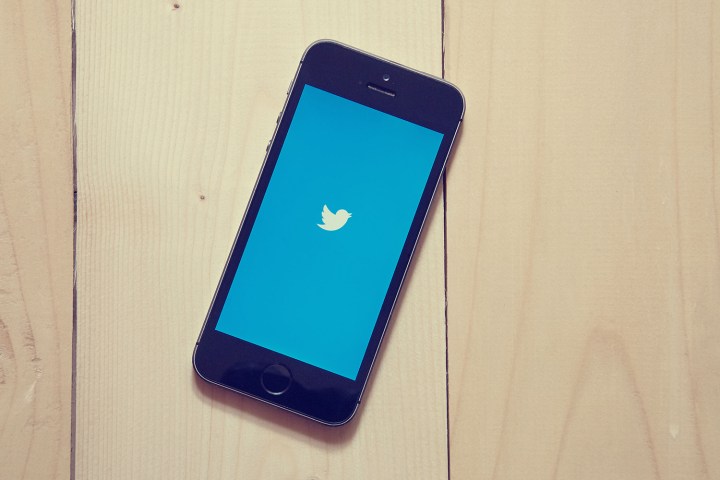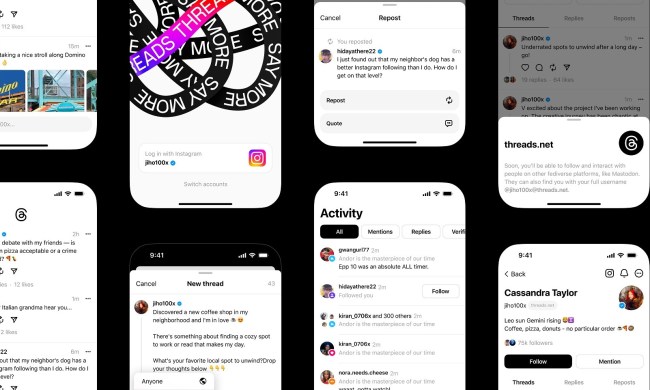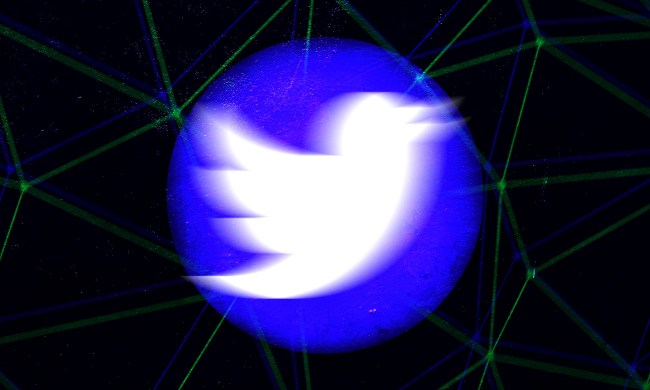
The company announced on Tuesday that it is expanding its creator revenue models by introducing a number of ways influencers (another term to describe social media stars) can earn money from ads.
The changes allow approved users of Twitter’s Amplify Publisher Program in the U.S. to rake in more cash by running pre-roll ads in front of their tweets that contain videos. Twitter product manager Guy Snir claims the new feature makes monetization “as simple as “checking a box.”” New options also allow users to either opt in to the pre-roll ads feature on a tweet-by-tweet basis, or automatically apply monetization to all of their videos. Twitter claims that publishers will receive a “portion” of ad revenue, which was previously estimated to total 70 percent for users, and 30 percent for the platform.
Twitter has come under increasing pressure to provide more financial incentives for social media stars after reports emerged in March concerning troubles on its Vine platform. Faced with a lack of monetization options, the video-looping app’s biggest users began making deals with Twitter’s rivals, including Facebook Live. As Twitter continues to pour its resources into video, both real-time and pre-recorded, it must also fend off competing services (which boast their own respective revenue-sharing schemes) in a bid to retain its popular publishers.
Today’s changes also make it easier for approved influencers to create and track content on Twitter’s Media Studio and Engage app. The former now includes a new media library for videos, GIFs, and images, along with new tweet-scheduling capabilities. Launched in June, Twitter’s Engage app has been updated to give users the ability to track their earnings on the platform, and through its talent agency, Niche.


